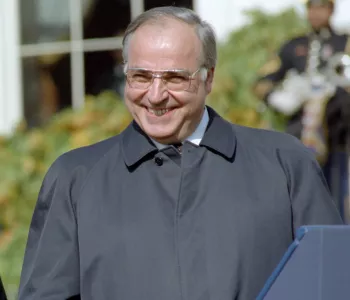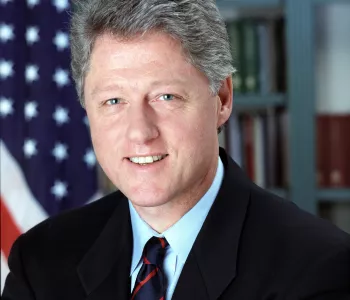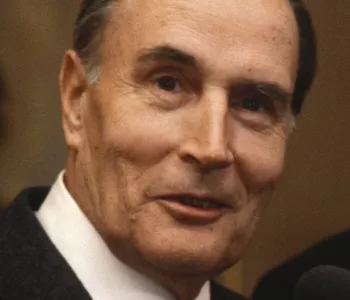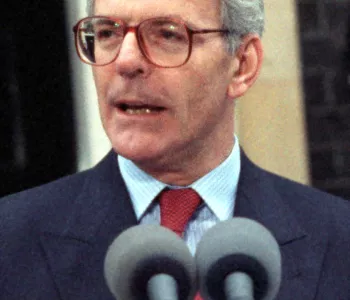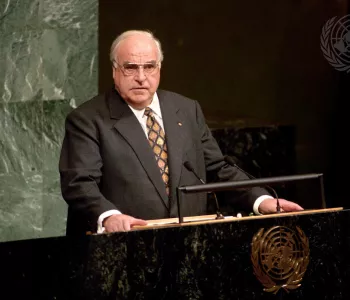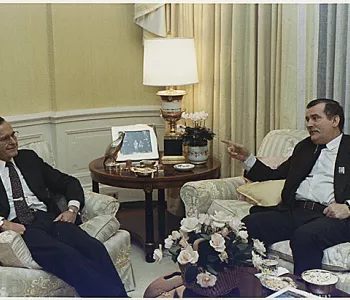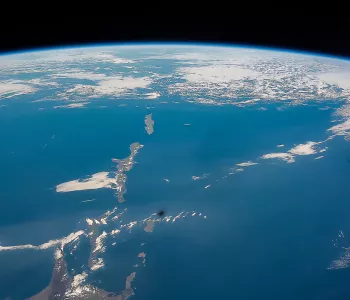Kohl and Clinton review the state of NATO enlargement after the January 1994 NATO Summit in Brussels. They view NATO's Partnership for Peace (PfP) as the best solution to engage Russia and to reach out to the countries of Central and Eastern Europe. Both view the situation in Ukraine as a key factor in the search for Europe's post-Cold War order. "If anything happened in Ukraine, this would increase the pressure for the NATO accession of the Central and Eastern European countries," Clinton says.
